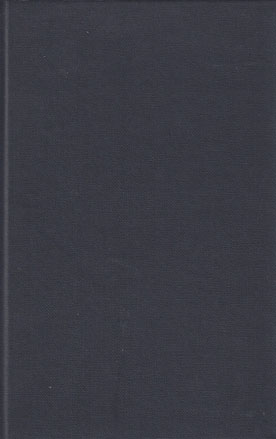
Out of Print
Advocacy has always been an intriguing subject. Every day in every court and tribunal the advocate (sometimes barrister, sometimes solicitor, sometimes indeed layman) represents ua all - Crown and defendent, landlord and tenant, rich and poor, honest and false alike.
Yet, despite the importance of his role and despite a wealth of anecdote about him, The Art of the Advocate is the first widely available account of what the advocate actually does and how he does it.
...from the Preface
The King's advice should guide both an advocate and a reader. Since the subject of this book is the limited field of forensic advocacy and does not stray out of the courtroom it is tempting to begin asking why men become advocates at all. What is it that attracts them to meddle with bits and pieces of other men's lives?
It would be pleasant to think that most advocates come into practice because they wish to serve their fellow men, but the likelihood is that such social zeal influences as many grave diggers as it does advocates. There is probably no common-denominational inducement.
Carson became an advocate because of parental pressure; Rufus Isaacs only after he had been hammered on the Stock Exchange; Marshall Hall originally intended to enter the Church and changed his mind solely because he wanted to have enough money to get married. No three men of the same generation (they were born within six years of each other) could have been more dissimilar, yet all three rose to the front rank of the profession.
This book tries to explain why.